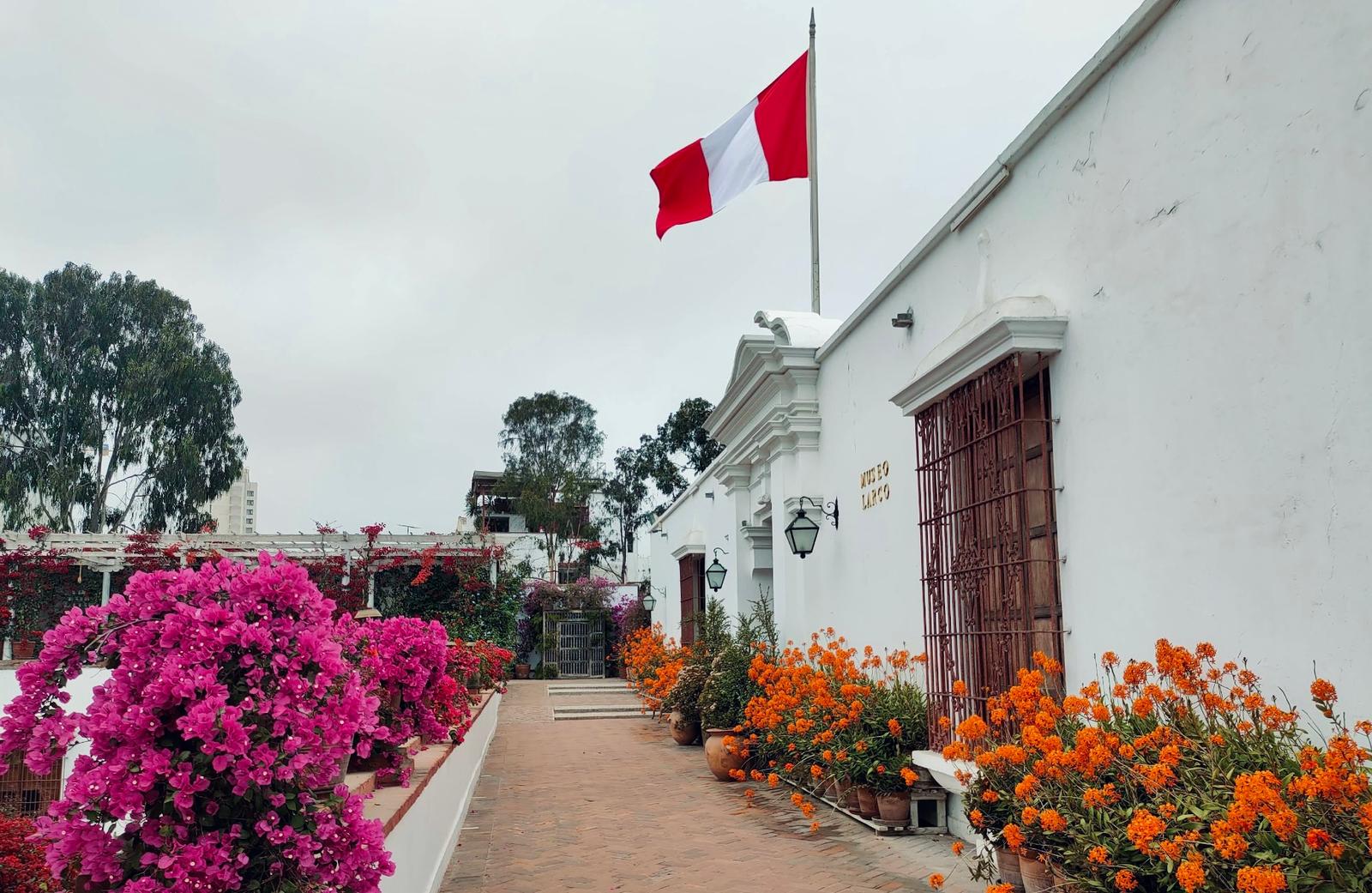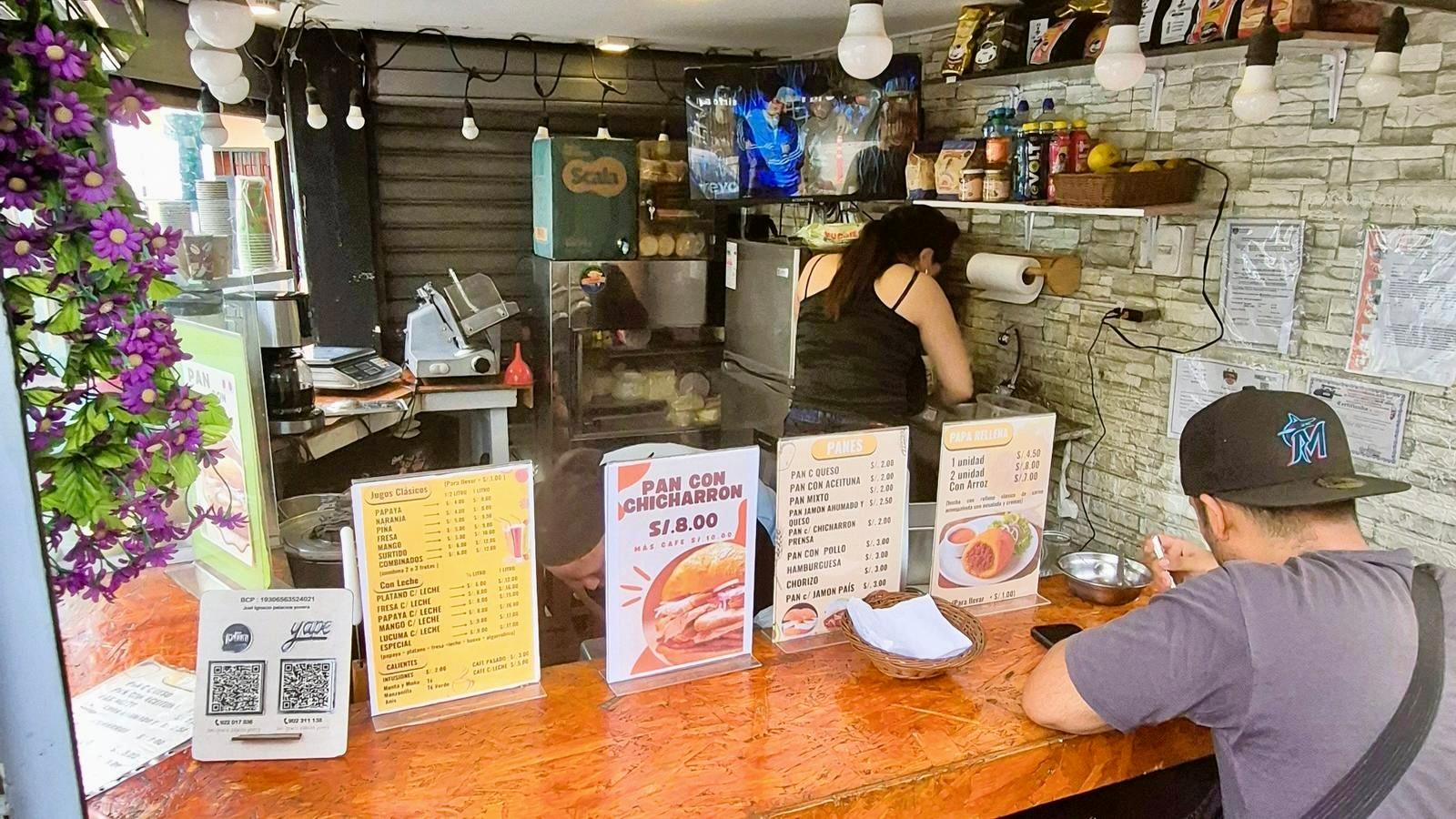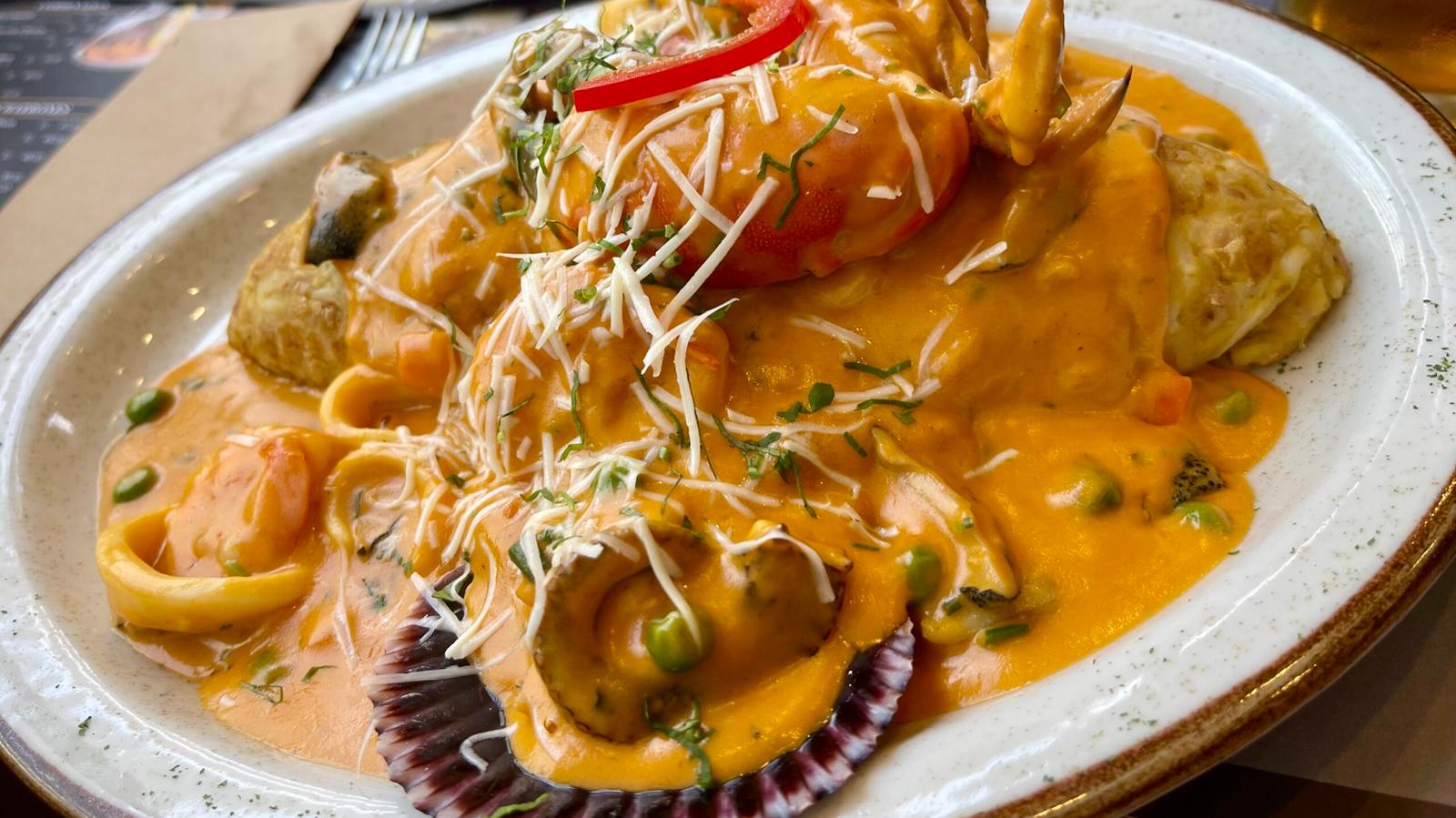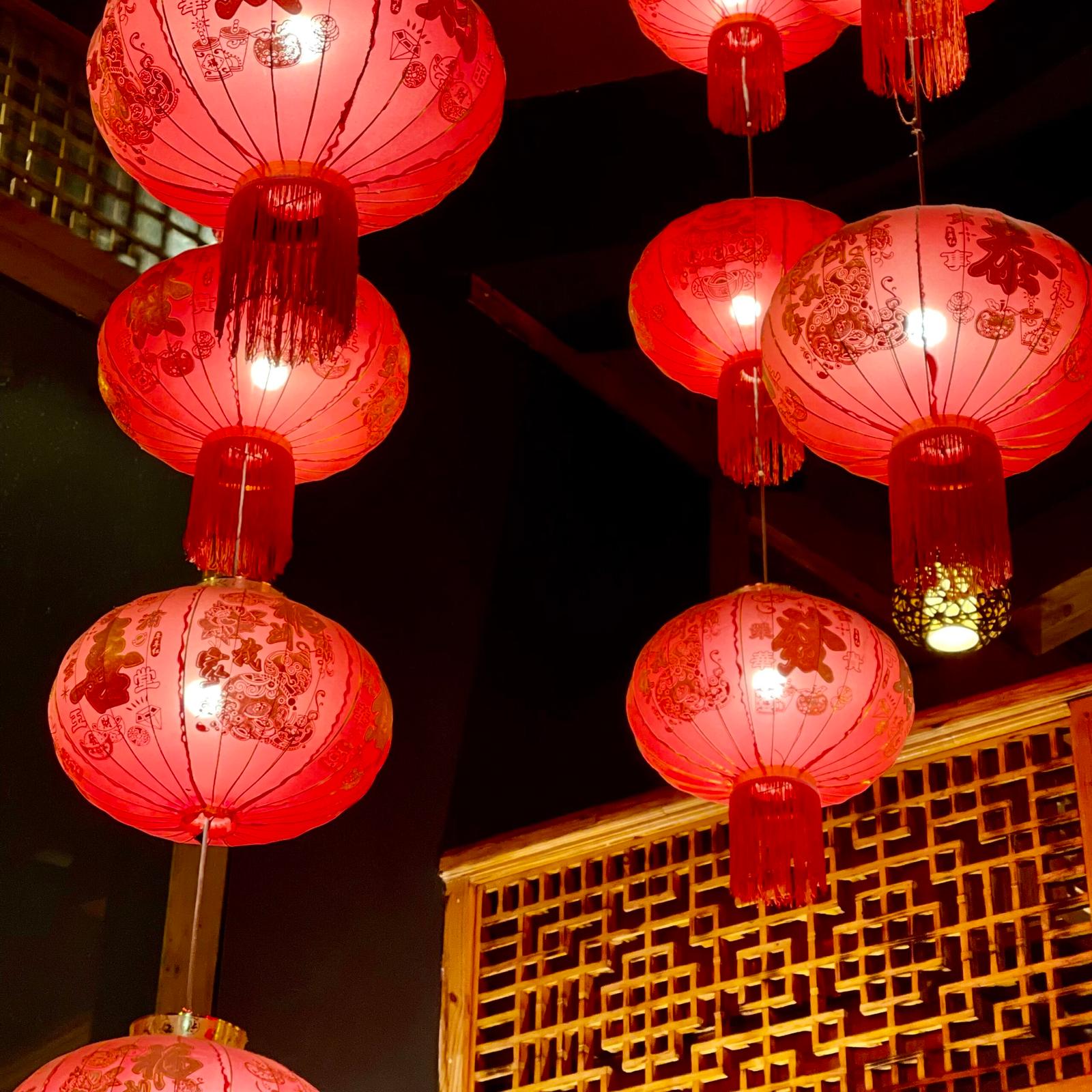For history enthusiasts visiting Lima, a pilgrimage to Santa María Magdalena Church in Pueblo Libre is an absolute must.
This isn’t just another beautiful colonial structure; it’s a profound historical landmark, dating back to 1557. Making it the oldest rural church in Lima, Peru.
To put its age into perspective, this venerable church predates Cusco’s grand Basilica. And it offers a unique glimpse into Peru’s early colonial and republican eras.
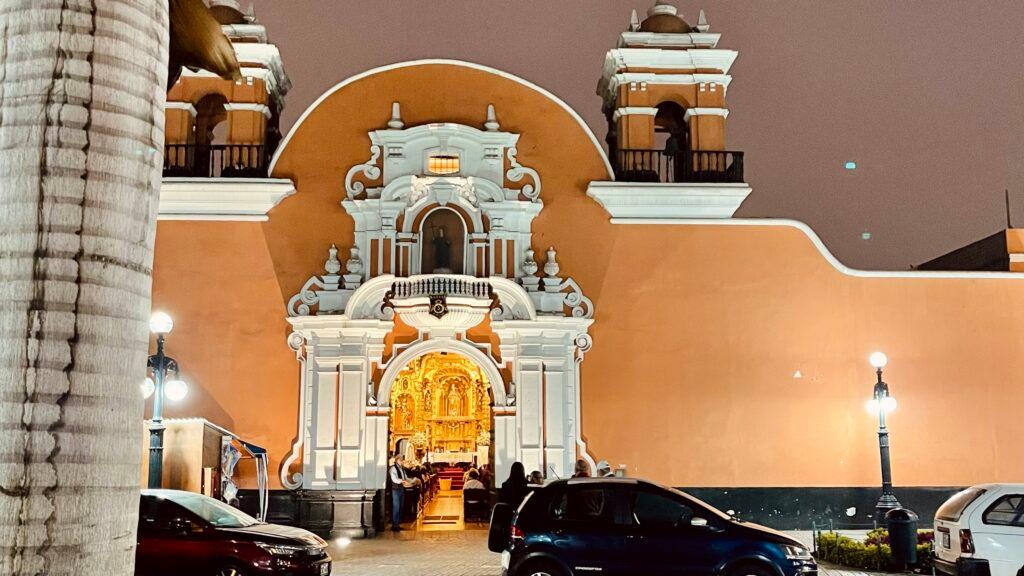
Standing proudly in the charming district of Pueblo Libre, the Church of Santa María Magdalena is a living testament to centuries of Peruvian faith and history.
Its enduring architecture and serene atmosphere invite contemplation of the pivotal moments in Peru’s history that it has witnessed. Imagine the countless generations who have sought solace within its walls.
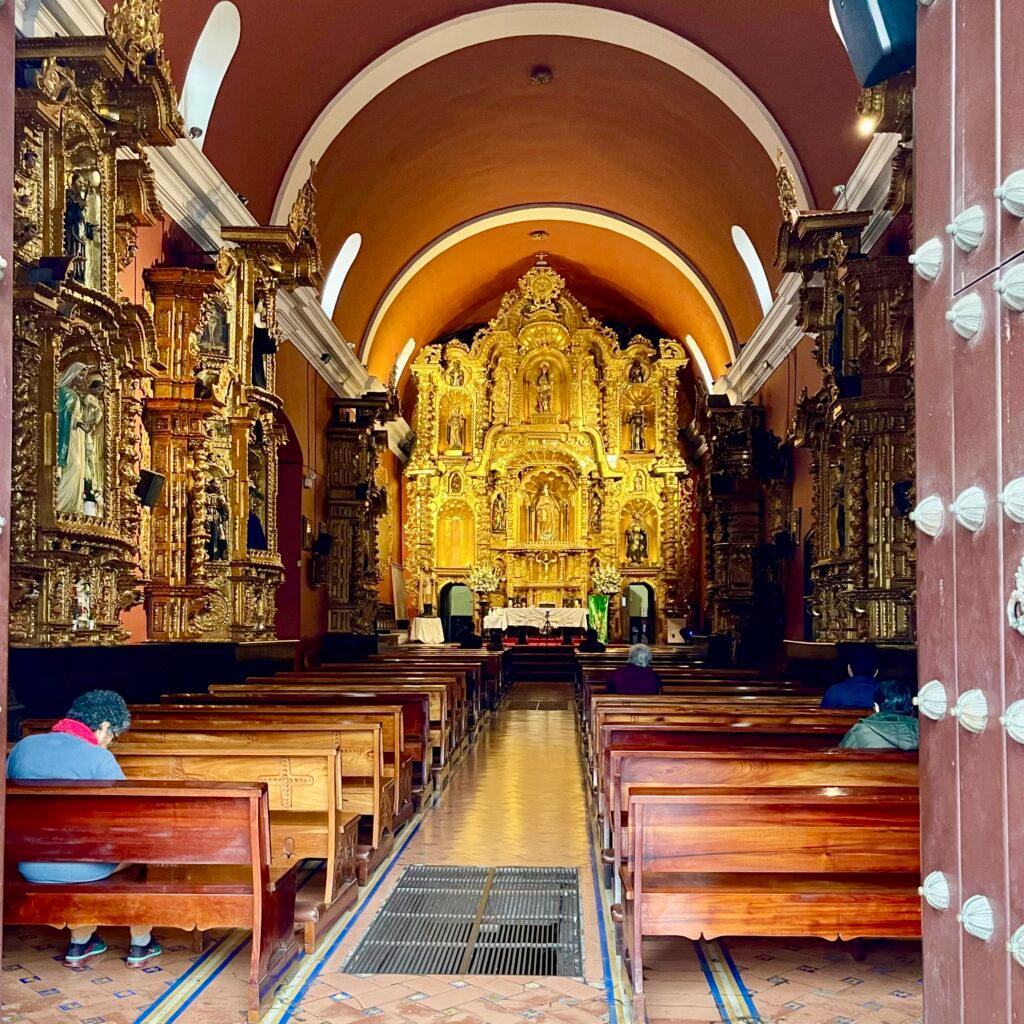
A truly unique and fascinating aspect of this ancient church is the presence of its catacombs. Which are burial practices of centuries past. That can be seen through the grates in the floor.
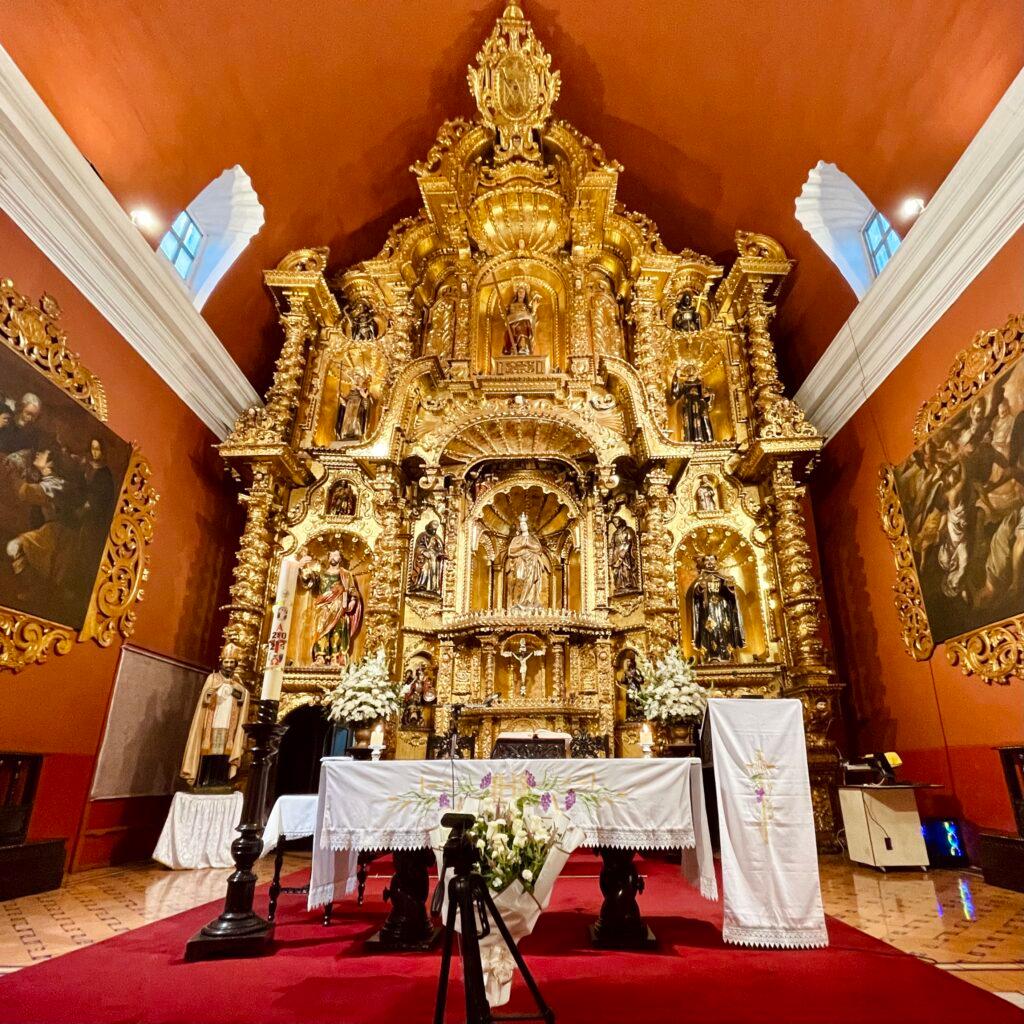
Adding to its immense historical weight, Santa María Magdalena was the primary church in Pueblo Libre during the crucial years of Peru’s independence.
It is highly probable that both Simón Bolívar and José de San Martín, the revered liberators of South America, prayed within these very sacred confines during their time in Pueblo Libre.
Standing where such historical titans once stood provides an unparalleled connection to the very foundations of modern Peru. Pueblo Libre was home to Peru’s independence movement.
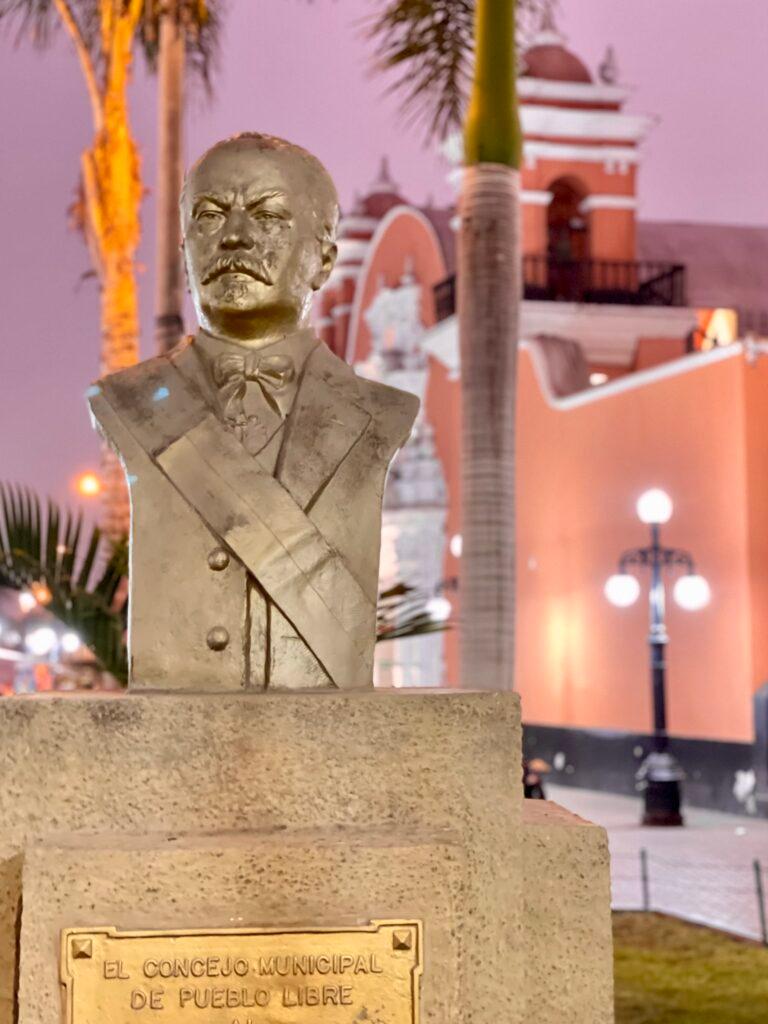
Santa María Magdalena is conveniently located right next to the iconic Antigua Taberna Queirolo, itself Lima’s oldest bar. Visiting Lima’s oldest rural church allows for a seamless journey through time.
After exploring the church’s ancient nave and peering into the catacombs, you can easily step next door to savor a historical Pisco Sour.
This proximity makes it an ideal stop for tourists eager to immerse themselves in Lima’s profound historical narrative and experience truly unique sites.
Don’t miss this opportunity to connect with Peru’s deeply rooted past.
